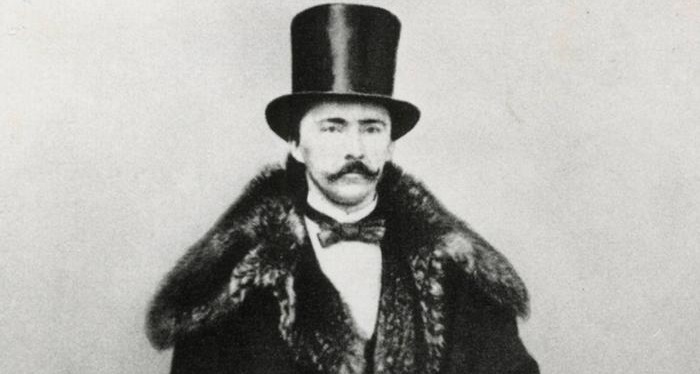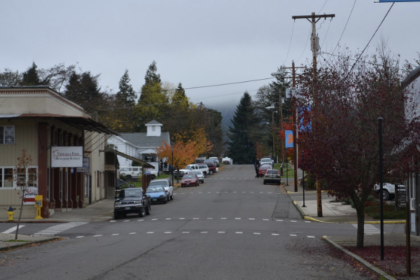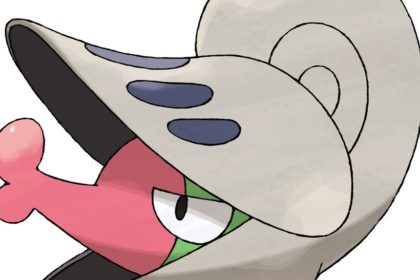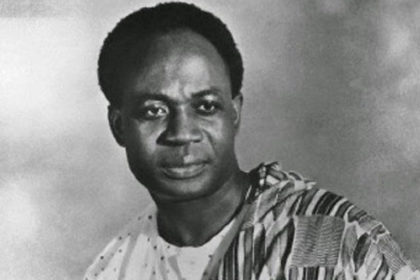Heinrich Schliemann was a German businessman and a pioneer in the field of archaeology. He was an advocate of the historicity of places mentioned in the works of Homer and an archaeological excavator of Hissarlik, now presumed to be the site of Troy, along with the Mycenaean sites Mycenae and Tiryns. Take a look below for 27 more fascinating and interesting facts about Heinrich Schliemann.
1. His work lent weight to the idea that Homer’s “Iliad” reflects historical events.
2. Schliemann’s excavation of nine levels of archaeological remains with dynamite has been criticized as destructive of significant historical artifacts, including the level that is believed to be the historical Troy.
3. Along with Arthur Evans, Schliemann was a pioneer in the study of Aegean civilization in the Bronze Age.
4. Arthur Evans and Schliemann knew of each other, Evans having visited Schliemann’s sites.
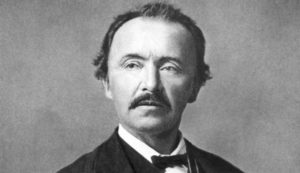
5. Schliemann had planned to excavate at Knossos but died before fulfilling that dream. Evans bought the site and stepped in to take charge of the project, which was then still in its infancy.
6. Schliemann was born in Neubukow, Macklenburg-Schwerin, part of the German Confederation, in 1822.
7. His father, Ernst Schliemann, was a Lutheran minister.
8. The family moved to Ankershagen in 1823; today their home houses the Heinrich Schliemann Museum.
9. Heinrich’s father was a poor pastor.
10. His mother, Luise Therese Sophie Schliemann, died in 1831, when Heinrich was nine years old.
11. After his mother’s death, his father sent Heinrich to live with his uncle.
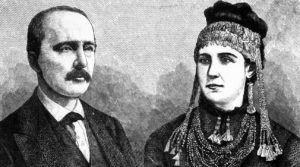
12. When he was 11 years old, his father paid for him to enroll in the Gymnasium at Neustrelitz.
13. Heinrich’s later interest in history was initially encouraged by his father, who had schooled him in the tales of the Iliad and Odyssey and had given him a copy of Ludwig Jerrer’s “Illustrated History of the World” for Christmas in 1829.
14. Schliemann later claimed that at the age of 7, he had declared that he would one day excavate the city of Troy.
15. After his father was accused of embezzling church funds in 1836, Heinrich had to transfer to the Realschule school.
16. His family’s poverty made a university education impossible, so it was Schliemann’s early academic experiences that influenced the course of his education as an adult.
17. In his archaeological career, there was often a division between Schliemann and the educated professionals.
18. At the age of 14, after leaving Realschule, Heinrich became an apprentice at Herr Holtz’s grocery in Furstenberg.
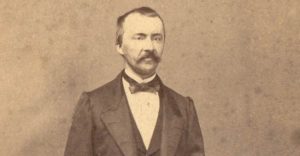
19. He later said that his passion for Homer was born when he heard a drunkard reciting it at the grocer’s.
20. He labored for five years, until he was forced to leave because he burst a blood vessel lifting a heavy barrel.
21. In 1841, Schliemann moved to Hamburg and became a cabin boy on the Dorothea, a steamer bound for Venezuela. After 12 days at sea, the ship foundered in a gale.
22. Schliemann employed a system that he used his entire life to learn languages. He claimed that it took him six weeks to learn a language and wrote his diary in the language of whatever country he happened to be in.
23. By the end of his life, he could converse in English, French, Dutch, Spanish, Portuguese, Swedish, Polish, Italian, Greek, Latin, Russian, Arabic and Turkish, as well as German.
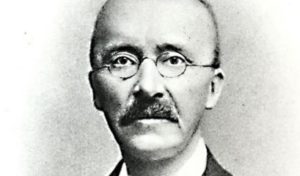
24. In 1850, he learned of the death of his brother, Ludwig, who had become wealthy as a speculator in the California gold fields.
25. Schliemann went to California in early 1851 and started a bank in Sacramento buying and reselling over a million dollars’ worth of gold dust in just six months.
26. When the local Rothschild agent complained about short-weight consignments, he left California, pretending that it was because of illness.
27. Schliemann made a quick fortune as a military contractor in the Crimean War by cornering the market in saltpeter, sulfur, and lead, constituents of ammunition, which he resold to the Russian government.

